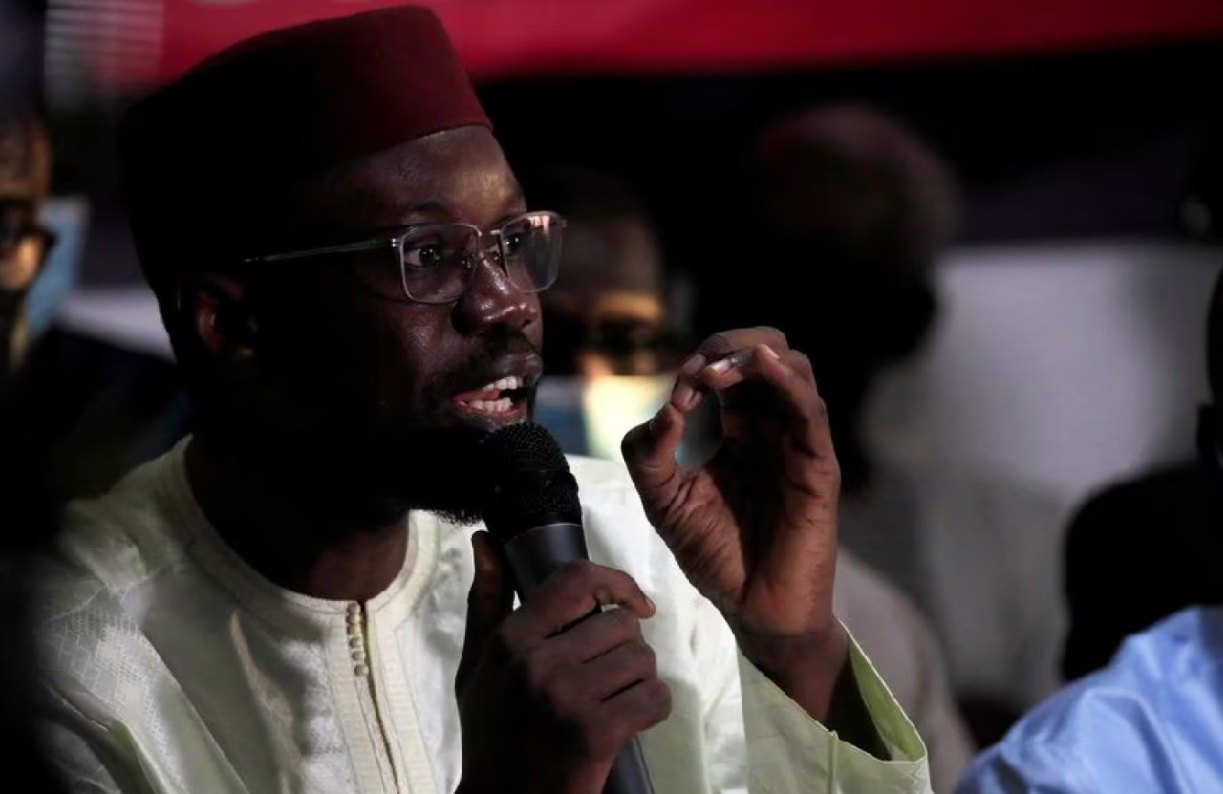
Pakistan government commissioner admits election fraud; Maulana Fazlur Rehman, head of Pakistani Islamic Scholars Association, admitted that the overthrow of Imran Khan by Army Commander, General Qamar Javed Bajwa
Today, Saturday, a government commissioner surprised everyone when he publicly admitted that he had falsified the results of the general elections held on February 8, announcing his resignation from his position, and demanding that everyone who participated in the fraud be punished.
Liaquat Ali Chatha, a government commissioner in the city of Rawalpindi (southeast of Islamabad), admitted to falsifying the results of the elections that took place under his supervision in the city of Rawalpindi.
Meanwhile, protest demonstrations swept through many Pakistani cities against what they called the manipulation that occurred in the elections, demanding a recount so that the results are correct, stressing the right of supporters of Imran Khan, founder of the Tehreek-e-Insaf Party, to win more seats.
“I bear responsibility for all these violations,” Chatha said at a press conference in Rawalpindi on Saturday afternoon. "The Chief Election Commissioner and the Chief Justice of the Supreme Court are involved in this matter," he added.
"We made independent candidates who received between 70,000 and 80,000 votes lose by submitting fraudulent ballot papers," he added.
In a handwritten letter, Chatha said he was resigning from his position because he was deeply involved in the "serious crime of rigging the 2024 general elections."
The handwritten letter was addressed to the governor of the Punjab province, the interim prime minister of the province, Mohsin Naqvi, and the secretary general of the province.
In front of the media, Chatha said that he “stabbed the country in the back,” referring to election fraud, so he cannot sleep.
He further said, "I must be punished for the injustice I committed, and others who participated in this injustice must be punished."
Earlier, Chatha said that he was under intense pressure not to announce the fraud to the point that he thought about committing suicide, but he finally decided to present matters to the public.
In response to Chatha's allegations, the Election Commission of Pakistan said it "strongly rejects the accusations leveled against her or her boss."
In a press statement, the election monitoring body said that none of its officials had issued any instructions to Chatha to “change the election results.”
He added, "But the Election Commission will conduct an investigation into the matter as soon as possible."
For his part, interim Punjab Chief Minister Mohsin Naqvi ordered an “impartial investigation” into the allegations leveled by Chatha.
Yesterday, the leader of the Pakistani Islamic Scholars Association, Maulana Fazlur Rehman, detonated a heavy political bomb when he admitted that the overthrow of Imran Khan from power in April 2022 came based on directives from the then Army Commander, General Qamar Javed Bajwa.
Fazlur Rahman explained that he was personally against the move of no confidence in Imran Khan's government, but this position would not have worked in light of the insistence of other parties, most notably the Muslim League led by Nawaz Sharif and the People's Party led by Bilawal Bhutto Zardari.
Fazlur Rehman was the head of the People's Democratic Movement coalition that ousted Imran Khan and the PTI in April 2022 and took power, after which Shahbaz Sharif led a multi-party coalition of the country for 16 months before handing over the reins to the interim government.
Regarding the recent elections, Fazlur Rehman pointed out that it is clear that fraud occurred in the elections, and that the PML-N party is the biggest beneficiary of that.
He said to me, "Parliament has lost its credibility." He added, "Decisions will no longer be made in Parliament, but will be taken in the streets," indicating that there will be protests in the country against the results of the elections, the validity of which is being debated.












































